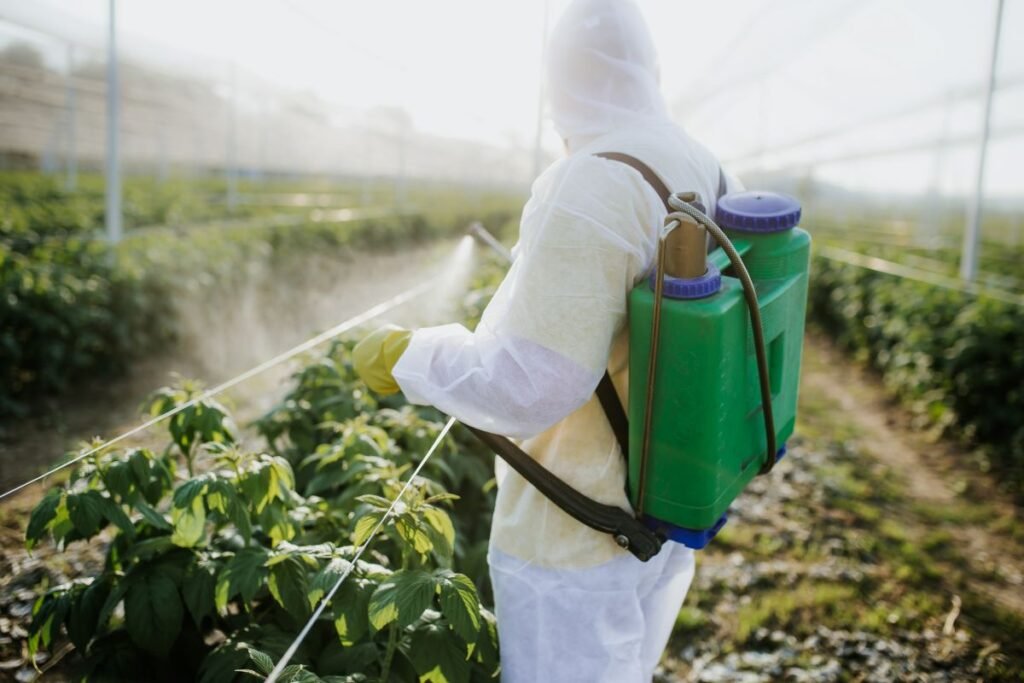The Ministry of Agriculture and Livestock Development has taken a decisive step to safeguard public health, protect farmers, and preserve the environment by banning 77 harmful pesticide products and restricting the use of 202 others across various crops.
This sweeping regulatory action follows an extensive scientific review by the Pest Control Products Board (PCPB), which assessed 430 pesticide products on the Kenyan market. The aim is to eliminate hazardous chemicals linked to health risks, crop damage, and environmental harm.
Among the restricted active ingredients and pesticides are 2,4-D Amine, Abamectin, Chlorpyrifos, Pymetrozine, and Chlordane. These now face limitations such as bans on use in open fields, coffee plantations, or on edible crops. For instance, Chlorpyrifos is now restricted solely to termiticide applications, while pesticides like Chlordane and Heptachlor have been banned entirely.
A further 151 products are currently under review, with a decision expected by December 2025. Until then, their importation and use remain prohibited.
The Ministry has also introduced stricter requirements for pesticide registration. All pest control products must now be registered in their country of origin before they can be considered for use in Kenya. In addition, the importation of any active ingredient currently under review — and not approved in the European Union, the United States, Australia, or Canada — will be prohibited pending final assessment.
These measures are intended to align Kenya’s agricultural practices with international best standards, promote food safety, and encourage sustainable farming.
The government has reiterated its commitment to supporting farmers through education, extension services, and the promotion of integrated pest management practices. A draft Pest Control Products Bill, already approved by the Cabinet, is set to be presented to Parliament. If passed, it will further strengthen the regulatory framework.
Farmers, agro-dealers, and consumers are urged to comply with the new guidelines, which prioritise long-term food safety and environmental sustainability.


